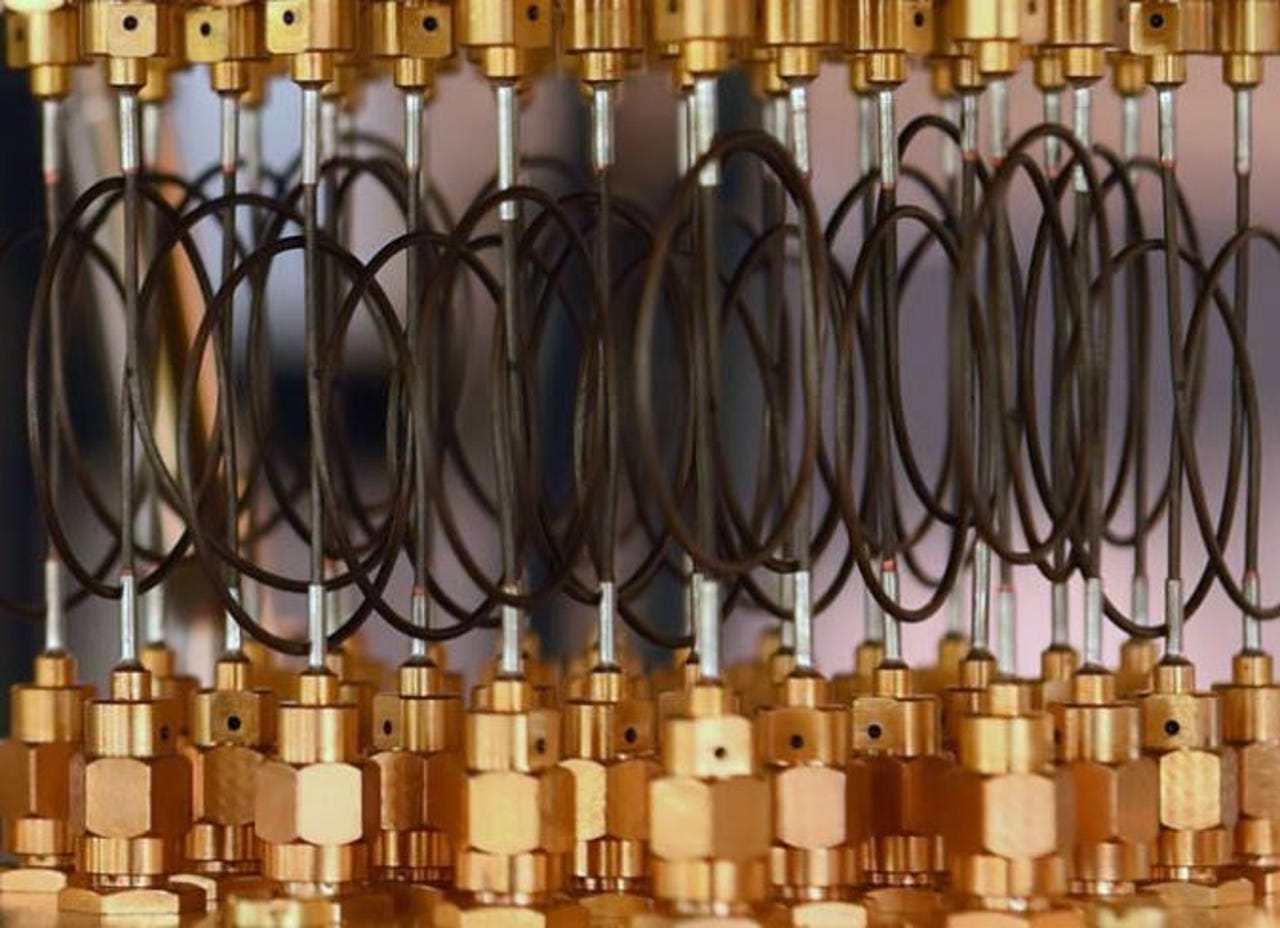Microsoft is hiring former Qualcomm engineers to work on its quantum computing team

Starting in June, Microsoft began hiring a number of former Qualcomm engineers and managers who are now working on Redmond's quantum-computing team. A number of these engineers were formerly working on Qualcomm's ARM-based server efforts, as first reported on October 8 by The Information.

Over the past couple of years, Microsoft publicly has talked up its intentions to be a player in quantum computing, but officials say the company has been working on scalable quantum computing for nearly two decades. Microsoft officials say they plan to use a quantum computer as a co-processor, with developers deploying their quantum applications from within Microsoft Azure.
Quantum computers are designed to process in parallel, thus enabling new types of applications across a variety of workloads. They are designed to harness the physics of subatomic particles to provide a different way to store data and solve problems compared to conventional computers. The result is that quantum computers, built around custom quantum processors, are expected to be able to solve certain high-performance-computing problems more efficiently.
The Information cited names of several former Qualcomm employees who became Microsoft employees this summer. I found updated LinkedIn profiles for four of the people they cited:
- Muntaquim Chowdhury was Vice President of Tech at Qualcomm in Raleigh-Durham, N.C., and worked as chief architect of Server CPU at Qualcomm from February 2016 to July 2018. (He was at Intel for 24 years before that.) He joined Microsoft (in Bellevue, Wash.) as a Partner Architect.
- Thomas Speier was a 15-year Qualcomm employee. He was Senior Director at Qualcomm and an architect for custom ARM cores. In June he became Principal Architect at Microsoft in Raleigh-Durham.
- Michael McIlvaine was Senior Director of Tech, and a principal CPU architect at Qualcomm, where he worked for almost 15 years, including a stint working on "next gen server CPU." He is now a principal architect with Microsoft in Raleigh-Durham.
- Michael Underkoffler, who joined Microsoft in June, is a Partner Engineering Manager in Raleigh-Durham. His profile says he is "building a control system for quantum computing that is based on a classical computer architecture." Before that, he was a Senior Director of Engineering at Qualcomm in Raleigh Durham, where he worked for 14 years on ARM processor design, among other jobs.
In July 2018, Microsoft appointed former Microsoft Distinguished Engineer and researcher Doug Burger as the head of its Azure Hardware Engineering team. (Burger became a Microsoft Technical Fellow at the same time.) Burger's mission, I've heard, is to spearhead a number of different, non-consumer-focused hardware efforts across the company, including Microsoft's field-programmable gate-array work, its quantum computing efforts, new datacenter work like its "Project Natick" underwater datacenter and more. Org-chart-wise, Burger reports to Todd Holmdahl, who is Corporate Vice President of Quantum Computing.
Microsoft officials originally said they'd talk more about the company's progress on quantum computing at the recent Ignite IT pro conference, but ended up saying very little at that event about quantum. Maybe Microsoft moved its update on quantum to another of its events later this year (?)